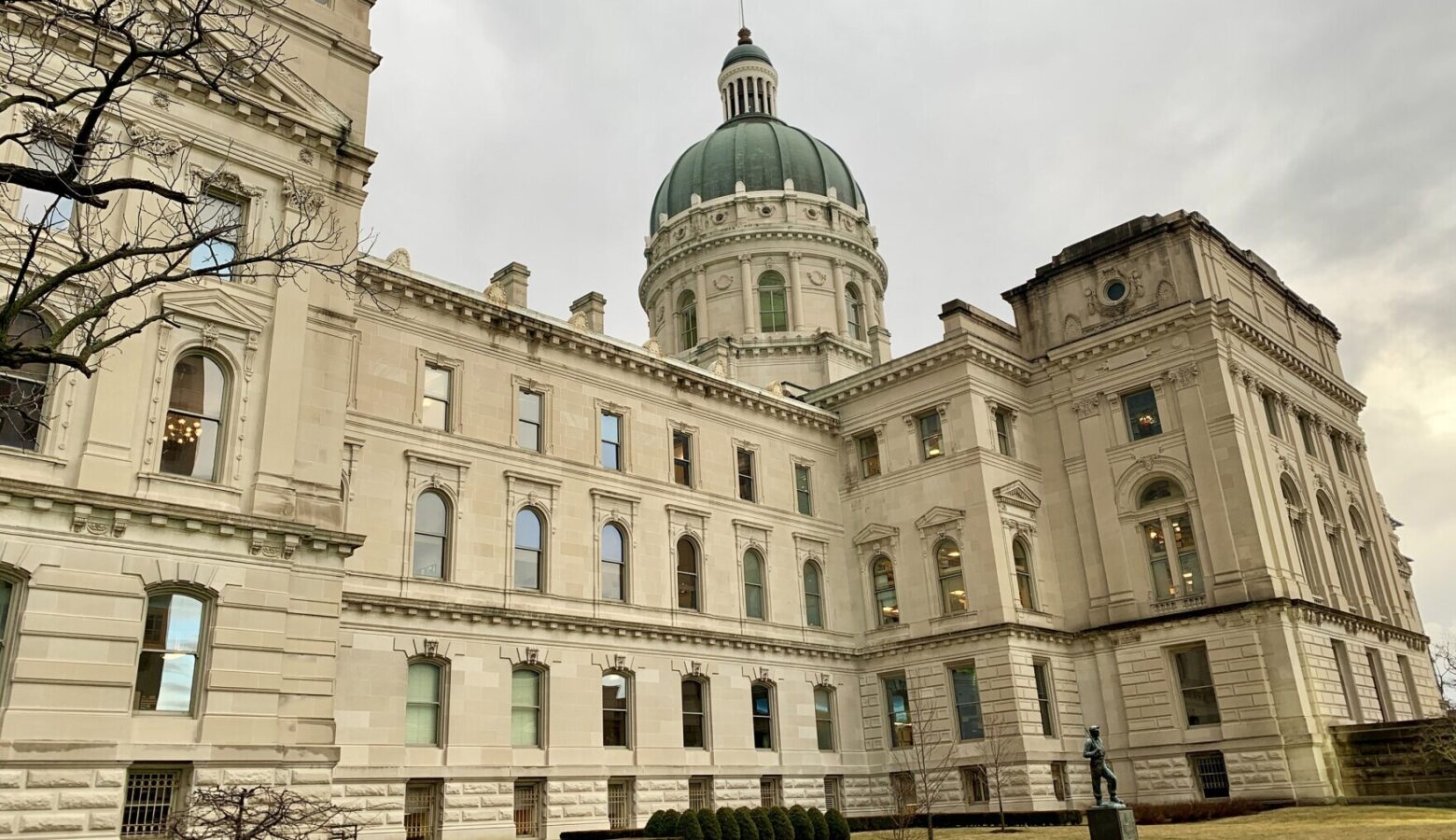Lawmakers aim to roll back major pillar of criminal justice reform

Indiana lawmakers are poised to undo a major pillar of the criminal justice reform they undertook nearly a decade ago.
The reversal comes as a lack of a local mental health and addiction treatment resources have left county jails overcrowded.
The 2013 reform effort aimed to keep people convicted of low-level, nonviolent felonies out of the state’s prison system. Instead, they were supposed to go to community corrections and treatment programs.
But many counties don’t have such programs, leaving offenders in county jails. And Jasper County Sheriff Pat Williamson said jails aren’t equipped to provide necessary help.
“So, I don’t have my psychologist or any of that stuff in the jail,” Williamson said, citing a lack of funds. “And I have a mental health professional that comes maybe every two or three weeks.”
Join the conversation and sign up for the Indiana Two-Way. Text “Indiana” to 73224. Your comments and questions in response to our weekly text help us find the answers you need on statewide issues.
The Indiana Department of Correction said it does have the programs to help those in need of mental health and addiction treatment. And so a bill this session, HB 1004, would give judges the discretion to send people with low-level felony convictions to state prisons.
But Angela Phelps, a former offender, said in her experience, there’s a wait just to get into one of the DOC programs, leaving little time for a low-level felon to get help before they’re released.
“From my standpoint, you’re not going to get treatment,” Phelps said. “And then, the mental health services – that’s still voluntary.”
The bill cleared a Senate committee Tuesday.
Contact reporter Brandon at bsmith@ipbs.org or follow him on Twitter at @brandonjsmith5.
